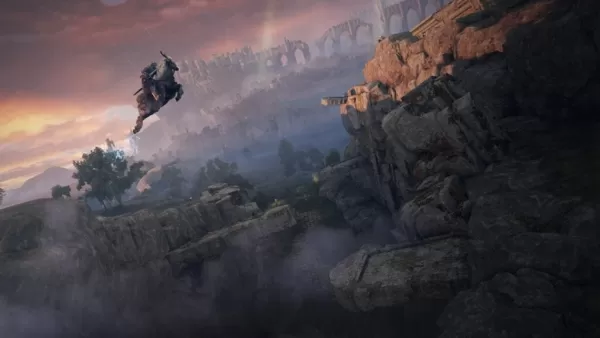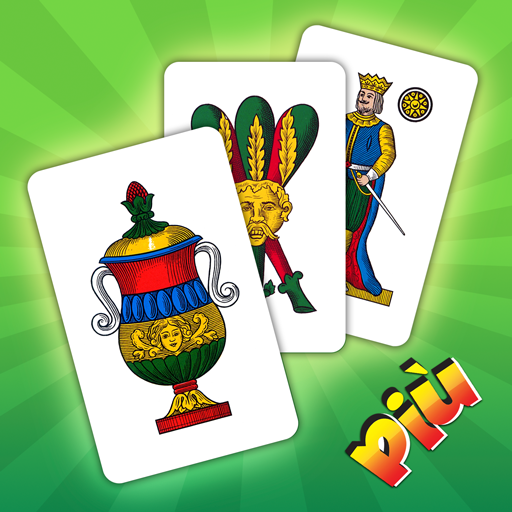Elden Ring: Redefining Open-World Exploration?
Open-world games were once dominated by a relentless focus on checklists. Maps were littered with markers, mini-maps guided every step, and objectives often felt more like tedious tasks than thrilling adventures.
Then, Elden Ring arrived from FromSoftware, shattering the conventional mold. It discarded the hand-holding typical of the genre and offered players something truly unique: genuine freedom.
In collaboration with Eneba, we're diving into the impact Elden Ring has had on the genre and why it's worthy of your admiration.
A World That Doesn’t Beg for Your Attention
Traditional open-world games often bombard you with notifications, directing your every move and decision. Elden Ring, however, takes a different approach—it subtly beckons. It unveils a vast, enigmatic world and leaves it to you to unravel its secrets.
Free from intrusive UI elements, your curiosity becomes your compass. If a distant sight catches your eye, venture forth. You might uncover a concealed dungeon, a formidable weapon, or a fearsome boss eager to challenge you.
The absence of level scaling adds to the authenticity. The world remains static; it's up to you to adapt. If an area proves too daunting, you can return later—or not. Feel free to take on a dragon at level five with a broken sword, but be prepared for the consequences.
It's never too late to delve into the Lands Between, especially when you can grab an Elden Ring Steam key at Eneba for less than you might expect.
Exploration Feels Like Discovery, Not a Checklist
In many open-world games, exploration can feel more about checking items off a list than embarking on an adventure. You rush from one marker to the next, completing objectives as if running errands. Elden Ring turns this concept on its head.
There's no quest log to dictate your path. NPCs speak in enigmatic terms, distant landmarks appear without explanation, and the game never pauses to clarify. This might seem daunting, but it's precisely what makes exploration so gratifying. Every cave, ruin, and fortress feels like a personal discovery, driven by your own curiosity.
Moreover, unlike games where loot feels arbitrary, Elden Ring ensures that every reward is meaningful. Discover a hidden cave, and you might emerge with a weapon that transforms your gameplay or a spell capable of summoning a meteor storm.

The Joy of Getting Lost (and Surviving)
In most games, getting lost is often seen as a setback. In Elden Ring, it's an integral part of the experience. You might take a wrong turn and find yourself in a treacherous poison swamp, or enter what seems like a peaceful village only to be ambushed by horrifying creatures. These moments contribute to the world's vibrancy.
While the game doesn't guide you by the hand, it does scatter subtle hints throughout the environment. A statue might point towards hidden treasures, and a cryptic NPC might allude to a secret boss. By paying attention, the world gently steers you without dictating your journey.
Open-World Games Will Never Be the Same?
Elden Ring has set a new standard that's hard to ignore. FromSoftware demonstrated that players thrive on mystery, challenge, and the thrill of discovery without needing constant guidance. We can only hope other developers follow suit.
If you're eager to immerse yourself in a world that not only encourages but demands exploration, platforms like Eneba provide incredible deals on gaming essentials. Whether it's Elden Ring or other must-play titles, your next adventure is just a few clicks away.




























